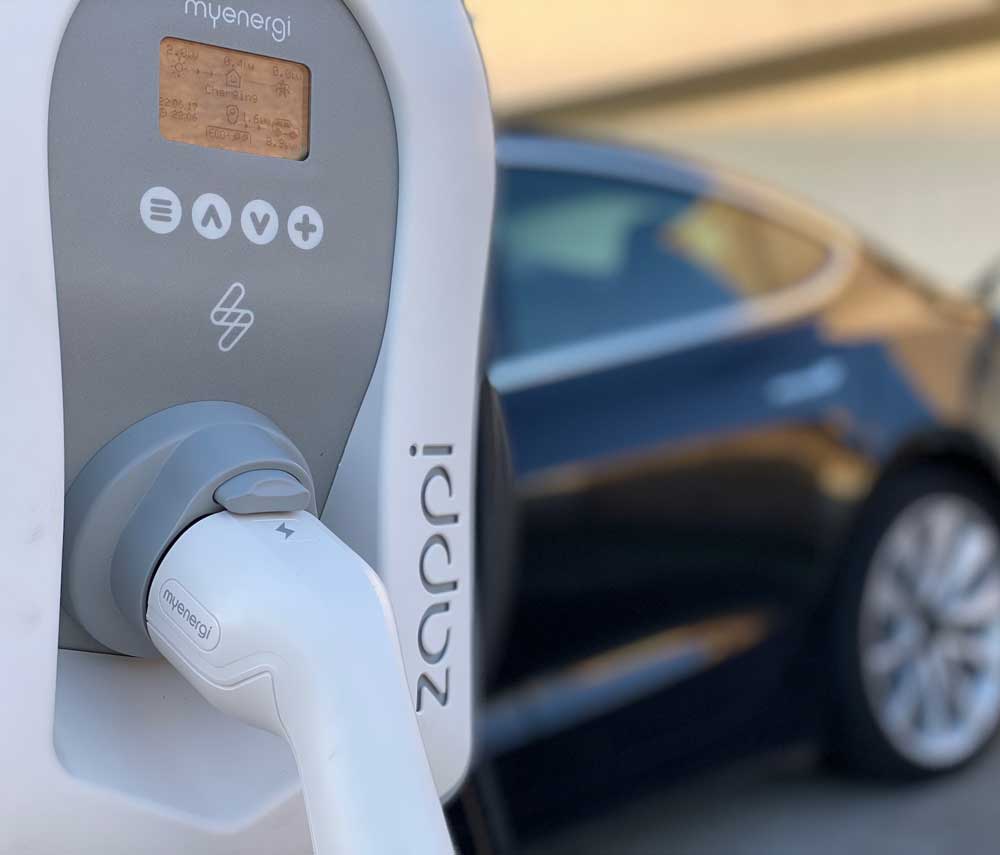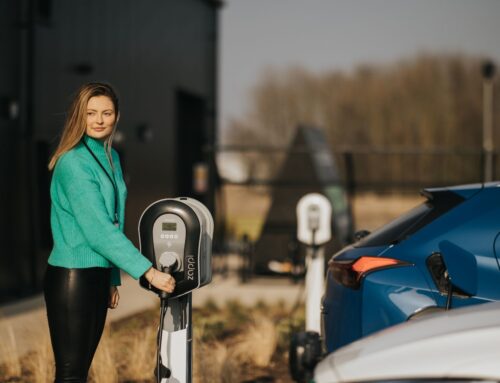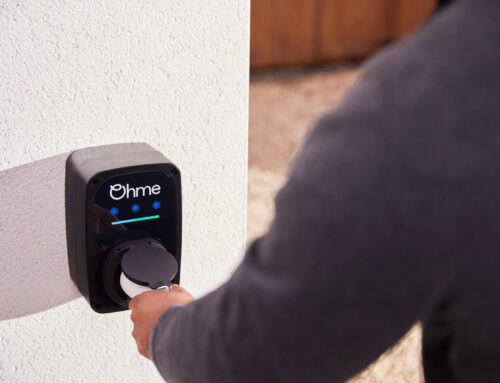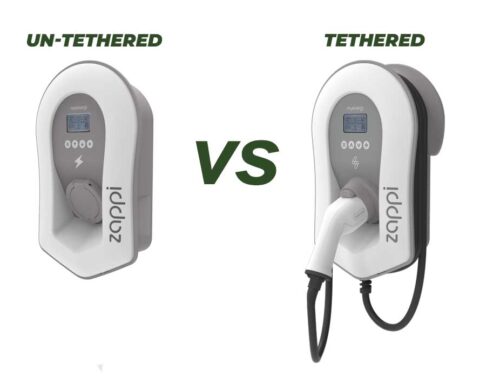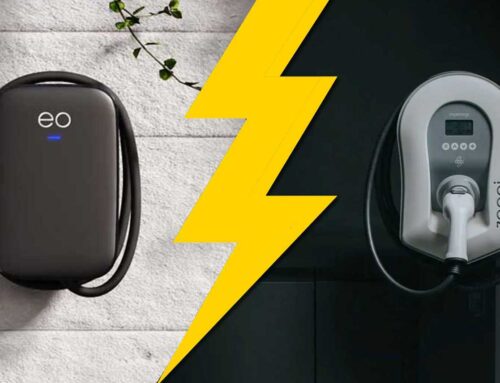EV chargers for apartments are an affordable and convenient way to charge your electric vehicle, but it isn’t always clear how they may work. Unlike a house, not every apartment is at ground level, and shared parking spaces can present an issue. However, all is not lost, and there are several ways to tackle the challenge of EV chargers for apartments.
EV chargers can be installed in almost any location, including a private home or apartment. EV charging stations do require some electrical work and wiring by a professional electrician, and therefore the task must be undertaken by professionals. Depending on the situation, the landlord or OMC may also need to be involved in permitting the work to take place.
EV chargers for apartments do provide some great benefits. Charging stations typically take about 8 hours to charge an EV battery fully. There is no need to worry about waiting, as with a home charger for electric cars at your house, you can do what most EV drivers do – plug their cars in at night before going to bed and wake up with a fully charged battery each morning!
How do I charge my electric car if I live in an apartment?
If you live in a house with a drive, it is simple to park your vehicle and charge it. It becomes a little more complex with apartments, but as long as there is somewhere to park, you can charge your vehicle.
Some apartment blocks have a car park in the basement area, while others have parking spaces next to the building. With reserved spaces for each flat, it is easy to get EV chargers for apartments up and running – you simply park in your allotted space and plug in your vehicle.
Not every car park runs in this manner, and there is sometimes the issue of no space being reserved. This means that vehicles can park in any space, which will cause a problem if there are only a few spaces with chargers.
In this instance, and where parking may be on-street and managed by the local authority, grants are available to the local authority to aid with the installation of EV chargers.
This means that each space could have a charging point, making it simple for every electric car parked there to be charged.
Grants for EV chargers are available from the SEAI for individuals, but you will commonly require a dedicated parking space and proof of owning an electric vehicle. The grants available to local authorities and landlords do not usually require evidence of owning an electric vehicle as the charging point is for the benefit of residents rather than the applicant.
Can you get an electric car charger in a flat?
You cannot have an electric car charger installed in a flat directly due to its distance from the vehicle that needs charging. The only possibility for doing this would be in a ground floor flat next to a parking space, but the solution offered above is much more workable.
Even as a private individual, you must discuss installing EV chargers for apartments with your landlord or management company. The installation constitutes major work, and proceeding without the appropriate authorization may breach your tenancy agreement or contract.
When considering EV chargers for apartments, the best plan is to speak with neighbours who may already have EV charging points installed. Inquire about their experience with them – what worked well? What didn’t work? How much did installation impact them? Were there any unforeseen issues that couldn’t have been avoided?
These examples may point you in the right direction. As EV charging points are installed more widely, electric vehicle owners will begin to see even more EV charging solutions available to them for their apartment blocks.
Fortunately, the grants available are adaptable to new technology, and flexibility is critical. As new charging solutions emerge, as long as they meet the stringent safety standards as laid down by the SEAI, it is likely they can at least be part-funded by grants.
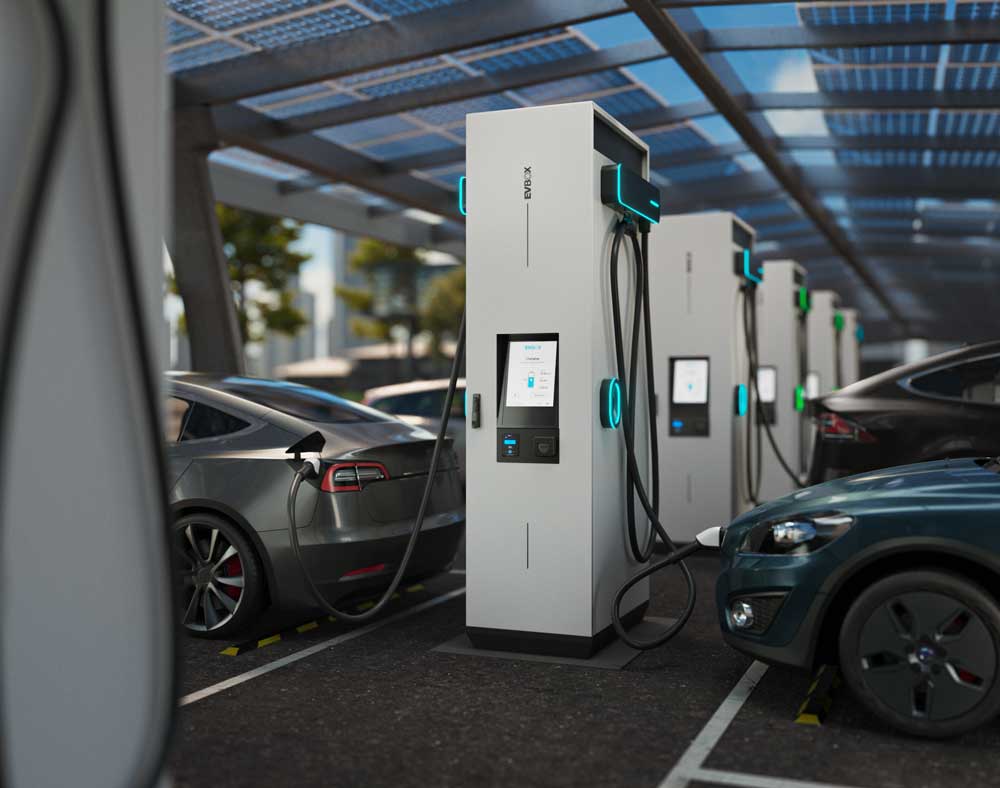
Electric Car Charger Ireland, Suite 1, Rear Unit 7, Church Place, Glenageary, Co. Dublin, A96 A9Y0, Phone: +353 1 515 93 36, DRIVING DIRECTIONS Website: www.electriccarcharger.ie
Can I Install an EV Charger Without On-Site Parking?
There are quite a few challenges when it comes to installing EV chargers at your apartment block, but the primary concern is somewhere to park your car while it charges.
EV chargers for apartments are usually installed in dedicated car parks or on-street where parking is reserved for residents. If you live in an apartment building without on-site parking, there is a possibility that a local authority could install EV chargers on the road outside. Still, it is down to the discretion of the authority.
Can I Install EV Chargers for Apartments as a Private Resident?
If you own an apartment, it is possible to have an EV charger installed as a private resident. This will only work well if you have a reserved parking space, but many apartment blocks are set up with reserved spaces and electricity meters/fuses near the parking space.
This means that the charger will be connected to the resident’s own electricity supply, but there might be some challenges in scaling this up to a whole apartment block.
The cost of cabling may be prohibitive, and running several chargers directly from the primary energy grid could cause supply issues. If an EV charging infrastructure is set up independently of the individual power supplies, it can be centrally managed and will reduce pressure on the grid.
While there is nothing specifically to prevent a private installation, a communal solution is much more preferable for stability and safety.
Who is Eligible for a Grant to Install EV Chargers for Apartments?
With the expansion of the requirements for home installations, people who live in apartments can apply for grants to install EV chargers. Additionally, OMCs, landlords, and local authorities may all also be eligible to apply for grant funding to install EV chargers for apartments in single spaces or for multiple occupants.
The easiest way to find out how to proceed is to get in touch with us. We offer a site survey service and will be able to assist you with the installation of EV charging points, even for flats and apartments.
Rolec vs Zappi vs EVBox Elvi – Which is the Best Electric Car Home Charger – check out our latest blog post for full details

